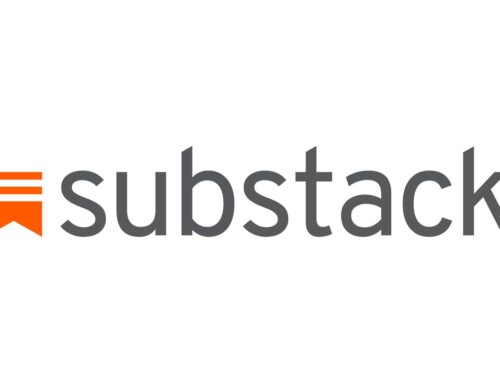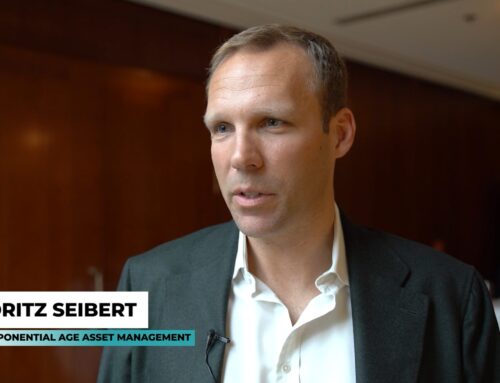Happy meltdown with risk-parity and gold. Six books for the upcoming quarantine, including one for certain survival.
After a non-coronavirus related absence last weekend, we are back with a quick summary of last weeks important events (and interesting articles) as well as some brainfood for the looming quarantine situation (some places are a little bit faster than others). But first things first. While for some CTAs performance remained flat or was even slightly positive, systematic vol sellers went into further meltdown. Whoever thought that adding rates vol to the portfolio, well this time it didn’t work out as expected. It also didn’t quite work out as expected for risk parity approaches, for example Bridgewater’s Pure Alpha Fund, which down around 20% ytd. Maybe it was a coincidence but at the same time, a 2019 AQR paper on why risk-parity does not equal short volatility circulated on Twitter and has the following key message
Risk parity and short volatility strategies…are moderately correlated [but due to] common exposure to equities and bonds, not to gamma or other forms of convexity.
So nothing to see here people. Especially no danger of a volatility feedback loop.
Another potential source of risk that made the headlines again were autocallables. ZeroHedge has already called them “a scheme to rip of retail investors”, the “ground zero of the next vol catastrophe” and now they are “about to unleash a neutron bomb across global stock markets”. So what are these little wonders of financial engineering exactly?
The notes offer gains up to a certain, specified threshold and protect against only certain, specified equity losses. Typically, if the linked stock or basket of stocks trades below a designated barrier—say, 75% of its initial value—when the notes mature, investors can lose a share of their principal on par with losses on the stock or basket.
Ok so well so good, or not? As the ZeroHedge article puts it:
[… ] In normal markets, the risk to clients is balanced. [… ] There are times when this process goes haywire: i) either when a negative gamma feedback loop emerges, similar to what happened in February 2018 with the VIX complex in the US that liquidated 3x levered inverse vol ETNs, or ii) when the market drop is so precipitous that there is a step function lower in the value of the collateral, and local banks flood clients with margin calls, which in turn prompt a forced liquidation of more risk assets, triggering a feedback loop cascade where selling begets more selling, and not just of South Korean assets, but global, as most of the risk assets collateralizing the autocallables universe are not domestic to South Korea.
So look out for the KOSPI 200 and Eurostoxx 50 performance in the next days, are these are the natural favorites for Korean investors
Should autocallables break barriers in the KOSPI 200 or the Euro Stoxx 50, then the structurers will turn into volatility buyers, not sellers. Higher volatility leading to margin calls look likely, which could drive the market lower.”
Gold. The good old safe haven asset was stripped of its status by this article as it ended the week with a loss of 8.6%, the most since March 1983. If you are now looking at crypto as an alternative. Well, let’s say they are now quite cheap. But let’s not forget they are still a safe haven asset in the middle east, which might apply only if you relate it to recent price action in oil and its results …
Ok, enough fun for today. As the talking Quant Moritz Seibert already promised on Twitter, we are putting together a list of our all time favorite books which will be available once the coding Quant Moritz Heiden somone finishes the new website.
Both books are good. We‘ll soon publish a list of essential reading books on volatility, derivatives, trading etc. on https://t.co/TL1EB8YeZg (under development currently) @twoquants
— Moritz Seibert (@moritzseibert) March 15, 2020
Despite the soon to be go-live, we already want to supply you with some worthwhile literature tipps so you can safely navigate the quarantine. And if you do not want to read on trading in your free time, you can always prepare reading something non-fictional like “How to Survive the End of the World as We Know It: Tactics, Techniques, and Technologies for Uncertain Times”. But let me warn you, the key message is: if you are living in an urban area you are as good as dead anyway. However the book gives some good hints on how others can safely dispose of your body.
Ok, finally here you go, some recommendations for lonely systematic trading hours. Much much more to come on the website.
Recommended by Moritz S.
- Gigerenzer, Gerd: Risk Savvy: How to Make Good Decisions: Essential reading if you want to make better decisions in life. Simple heuristics work better than is commonly believed!
- Tharp, Van K: Trade Your Way to Financial Freedom: A great trading book covering the three requirements for trading success: an entry/exit strategy, position sizing and portfolio management, as well as mental awareness and discipline.
- Carter, Graydon: The Great Hangover: A collection of fun (and interesting) stories from Vanity Fair magazine about the GFC.
Recommended by Moritz H.
- Hofstadter, R. H.: Godel, Escher, Bach. An eternal golden braid. Very hard to describe this book without a whole article. It explores the patterns of thinking of famous mathematican Kurt Godel, artist M.C. Escher and composer Johann Sebastian Bach. For a very good review see here.
- Shteyngart, Gary: Lake Success: A very entertaining, narcissistic novel about a hedge fund manager who embarks on a Greyhound bus journey around the USA.
- Christian, Brian and Griffiths, Tom: Algorithms to live by: the computer science of human decisions. How simple algorithms used by computers can untangle human questions. E.g. how can a bayesian heuristic help you decide how long you should you wait for the next bus if you just missed one. A great book for everyone who likes algorithms, programming or statistics.
And if you are sick of reading, you should definitely enjoy this weeks amazing episode of the Systematic Investor Podcast, featuring Rob Carver. Alternatively if you want to have some impressions on what is most likely coming to you in quarantine you should listen to this episode of Marco Voices: Boots on the ground from the Red Zone (COVID-19 Lockdown in Italy).
Stay safe, happytrading and watch out for the run on vaccine developing companies.





